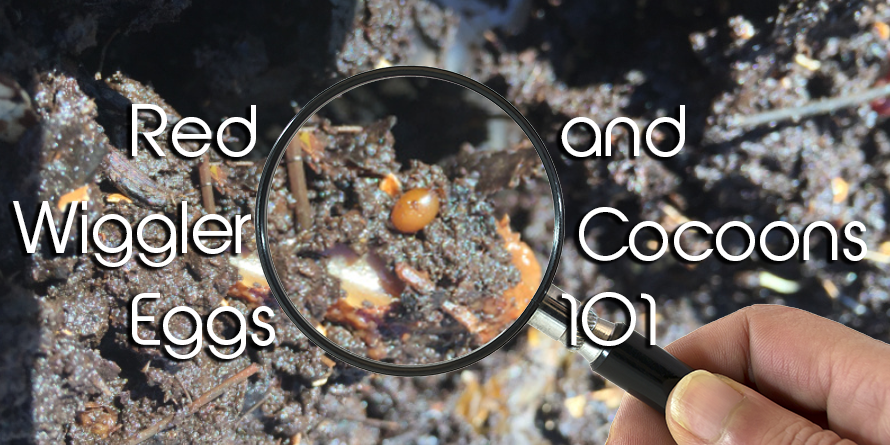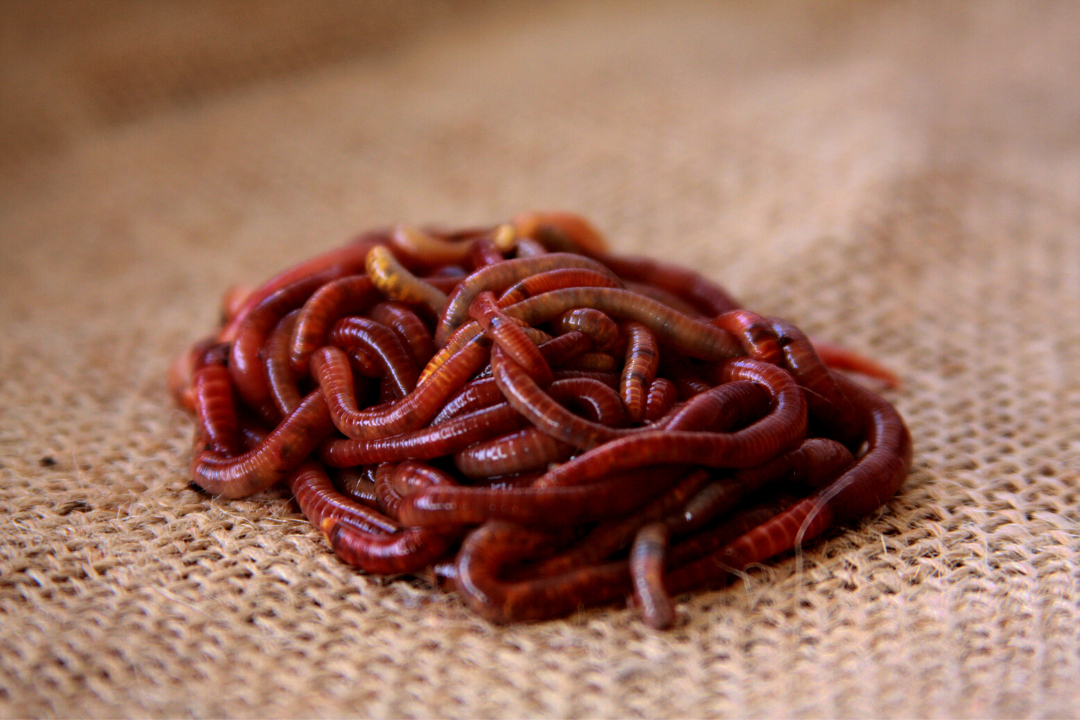The Unbelievable World of Red Wigglers: Boost Your Dirt Fertility Today
These little yet effective microorganisms change organic waste into beneficial worm spreadings, dramatically enhancing soil health and advertising sustainable methods. As we discover the benefits of vermicomposting and the functional actions to create an effective worm bin, the possible influence of these worms on your horticulture success becomes progressively obvious.
Comprehending Red Wigglers
Red wigglers, scientifically called Eisenia fetida, are a types of earthworm that play a critical duty in enhancing soil fertility. These worms flourish in organic-rich environments, such as garden compost heaps and decomposing plant product, where they eat natural waste and secrete nutrient-dense castings. Their one-of-a-kind anatomy, including a segmented body and a clitellum, allows them to recreate quickly and efficiently process huge quantities of organic matter.

The ecological importance of red wigglers prolongs past simple waste handling; they add to the dirt food web, cultivating a varied community of microbes that further boost soil health. Understanding the biology and behavior of red wigglers is crucial for using their complete potential in sustainable agriculture and horticulture methods.
Benefits of Vermicomposting
(Red Wiggler Express)Using the power of red wigglers with vermicomposting deals many benefits that significantly improve dirt health and wellness and fertility. Among the main benefits is the production of nutrient-rich worm castings, which are a superb natural plant food. Red Wiggler Express. These spreadings consist of important nutrients like nitrogen, phosphorus, and potassium, advertising robust plant development and boosting plant yields
Furthermore, vermicomposting enhances dirt framework and aeration. The visibility of worm castings enhances dirt texture, permitting for far better water retention and water drainage. This well balanced moisture degree is critical for origin advancement and the overall wellness of plants. Additionally, red wigglers help damage down organic issue, accelerating disintegration and recycling nutrients back right into the soil.
Vermicomposting likewise promotes microbial task, which is important for a healthy and balanced soil community. Beneficial bacteria flourish in the existence of worm castings, assisting in the breakdown of organic products and improving nutrition schedule to plants.
Last but not least, vermicomposting offers as an effective waste management service, minimizing land fill waste by reusing kitchen area scraps and various other natural materials. This not only adds to environmental sustainability yet likewise promotes a circular economic climate within horticulture and agriculture.
Just How to Establish Up a Worm Bin
Setting up a worm bin is an uncomplicated process that can dramatically boost your composting efforts. Begin by selecting an ideal container, which can vary from a readily available worm bin to a simple plastic or wooden box (Red Wiggler Express). Ensure the container has adequate ventilation; tiny holes in the lid and sides will certainly promote air blood circulation
Next, produce a bed linens layer to provide a comfy setting for the red wigglers. This can be made from shredded paper, cardboard, or coconut coir, dampened to a moist, sponge-like uniformity. Fill up the bin to around one-third full with this bedding product.
Once the bedding is prepared, it's time to present the worms. Red wigglers grow in natural waste, so place them carefully onto the bed linen. Cover the worms with a light layer of extra bed linen to aid them adjust.
Feeding Your Red Wigglers
Supplying the appropriate food for your red wigglers is essential for their wellness and the performance of your composting system. Red wigglers prosper on a different diet, mainly containing natural materials such as vegetables and fruit scraps, coffee grounds, and shredded paper. These products not only provide important nutrients but likewise add to the microbial task in the worm container, which is essential for the worms' digestion.
It is essential to avoid particular foods, such as milk products, oils, and meats, as these can draw in pests and create unpleasant odors. Furthermore, citrus peels and overly zesty foods ought to be limited as a result of their potential to hurt the worms. A balanced method to feeding entails monitoring the quantity of food presented to the bin, guaranteeing that it is taken in within a sensible time frame to avoid excess waste buildup.
To promote ideal food digestion, it is beneficial to cut or shred bigger food things before including them to the bin. This technique increases the surface area for microbial activity, assisting in quicker decomposition and enhancing the general performance of your composting system. Routinely observing the worms' feeding habits will certainly assist you readjust their diet as required.
Using Worm Spreadings in Your Garden

(Red Wiggler Express)Incorporating worm castings right into your garden can be completed by mixing them into the soil or using them as a leading clothing. The slow-release nature of these castings ensures that nutrients are readily available to plants over an extensive duration, reducing the requirement for synthetic fertilizers. In addition, worm spreadings have useful bacteria that advertise healthy and balanced dirt ecological communities, boosting the overall durability of your garden.
To make best use of the benefits, aim to apply around one part worm castings to three components dirt in your growing beds. Routine applications can lead to enhanced crop yields try here and much healthier plants, making worm castings an important source for both beginner and skilled gardeners alike. By utilizing this natural change, you can cultivate a successful garden while adding to sustainable gardening methods.
Conclusion
In conclusion, red wigglers exemplify the crucial function of vermicomposting in boosting soil fertility. Their capacity to transform natural waste into nutrient-rich spreadings significantly improves soil structure and supports microbial diversity. Establishing a vermicomposting system not just advertises sustainable gardening practices however likewise adds to environmental health and wellness. By leveraging the advantages of these remarkable microorganisms, gardeners can grow extra effective and durable ecosystems, inevitably fostering a much more lasting approach to farming and horticulture.